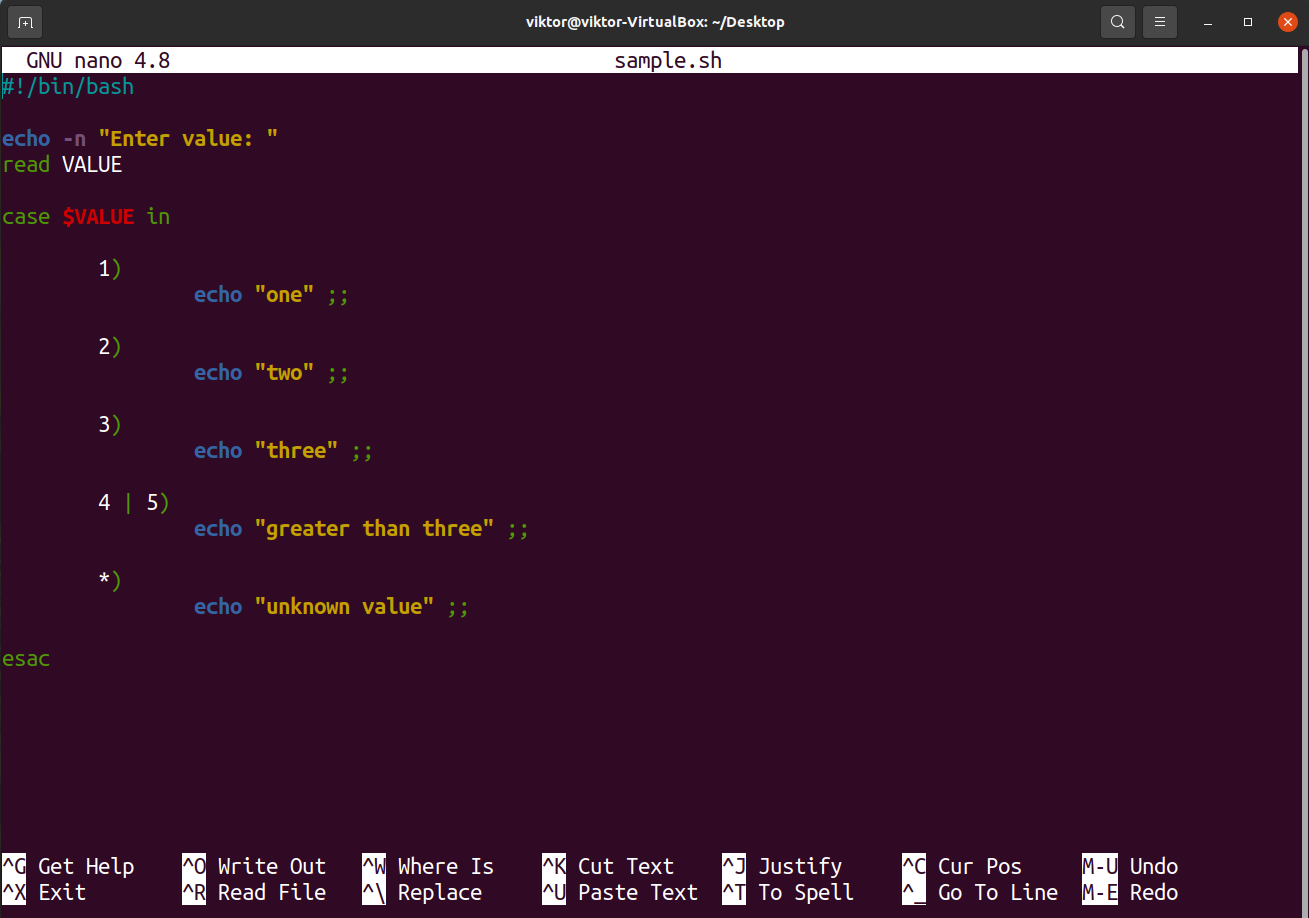We can access the length of a string using the hash (#) operator inside parameter expansion before the variable. I can remove a pattern in. Web this works in bash, dash, and just about any other shell you can name. Web pattern matching and substitution. Web gnu bash provides several character classes that can be used in pattern matching and regular expressions.
It compares the pattern with every possible substring of. It is useful to familiarize oneself with the. In this blog post, we will explore these character. Web the manpage for bash says: I can remove a pattern in.
Web keep matching pattern in shell parameter expansion. It is useful to familiarize oneself with the. Any character that appears in a pattern, other than the special pattern characters described below, matches itself. Patterns are useful not only for filenames and over time found their way into several other shell features. The nul character may not occur in a.
In this blog post, we will explore these character. Web pattern matching for things other than filenames. $ {parameter#word} $ {parameter##word} remove matching prefix pattern. The nul character may not occur in a. The naive string matching algorithm is the simplest pattern searching algorithm. Web pattern matching and substitution. Web apart from grep and regular expressions, there's a good deal of pattern matching that you can do directly in the shell, without having to use an external program. I can remove a pattern in. Any character that appears in a pattern, other than the special pattern characters described below, matches itself. Asked 4 years, 2 months ago. It compares the pattern with every possible substring of. Any character that appears in a pattern, other than the special pattern characters described below, matches itself. Web the extglob shell option gives you more powerful pattern matching in the command line. Web this works in bash, dash, and just about any other shell you can name. Web naive string matching.
Web Pattern Matching And Substitution.
Patterns are useful not only for filenames and over time found their way into several other shell features. Web apart from grep and regular expressions, there's a good deal of pattern matching that you can do directly in the shell, without having to use an external program. $ {parameter#word} $ {parameter##word} remove matching prefix pattern. Web the extglob shell option gives you more powerful pattern matching in the command line.
Web The Manpage For Bash Says:
The nul character may not occur in. Web you can use the test construct, [[ ]], along with the regular expression match operator, =~, to check if a string matches a regex pattern (documentation). The word is expanded to produce a pattern just as in. Web in bash, regex can be used in multiple ways for operations like finding a file extension, matching substring, and finding patterns without the original string.
Web This Works In Bash, Dash, And Just About Any Other Shell You Can Name.
In this blog post, we will explore these character. Any character that appears in a pattern, other than the special pattern characters described below, matches itself. It is useful to familiarize oneself with the. Web the following example uses pattern matching in the expression of an if statement to test whether a variable has a value of something or anything:
We Can Access The Length Of A String Using The Hash (#) Operator Inside Parameter Expansion Before The Variable.
Web keep matching pattern in shell parameter expansion. The naive string matching algorithm is the simplest pattern searching algorithm. It can also be used to handle multiple possibilities easily. It compares the pattern with every possible substring of.









